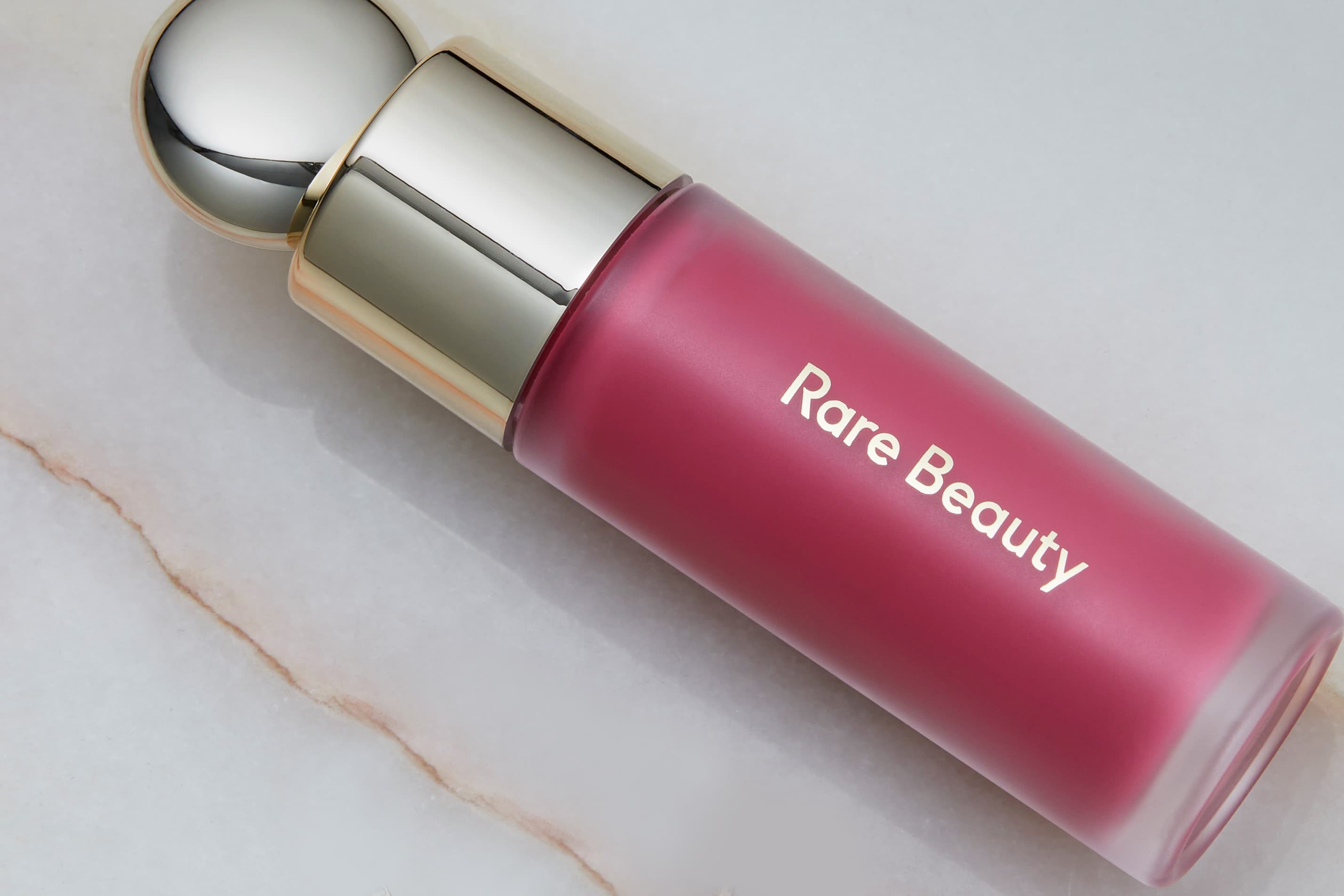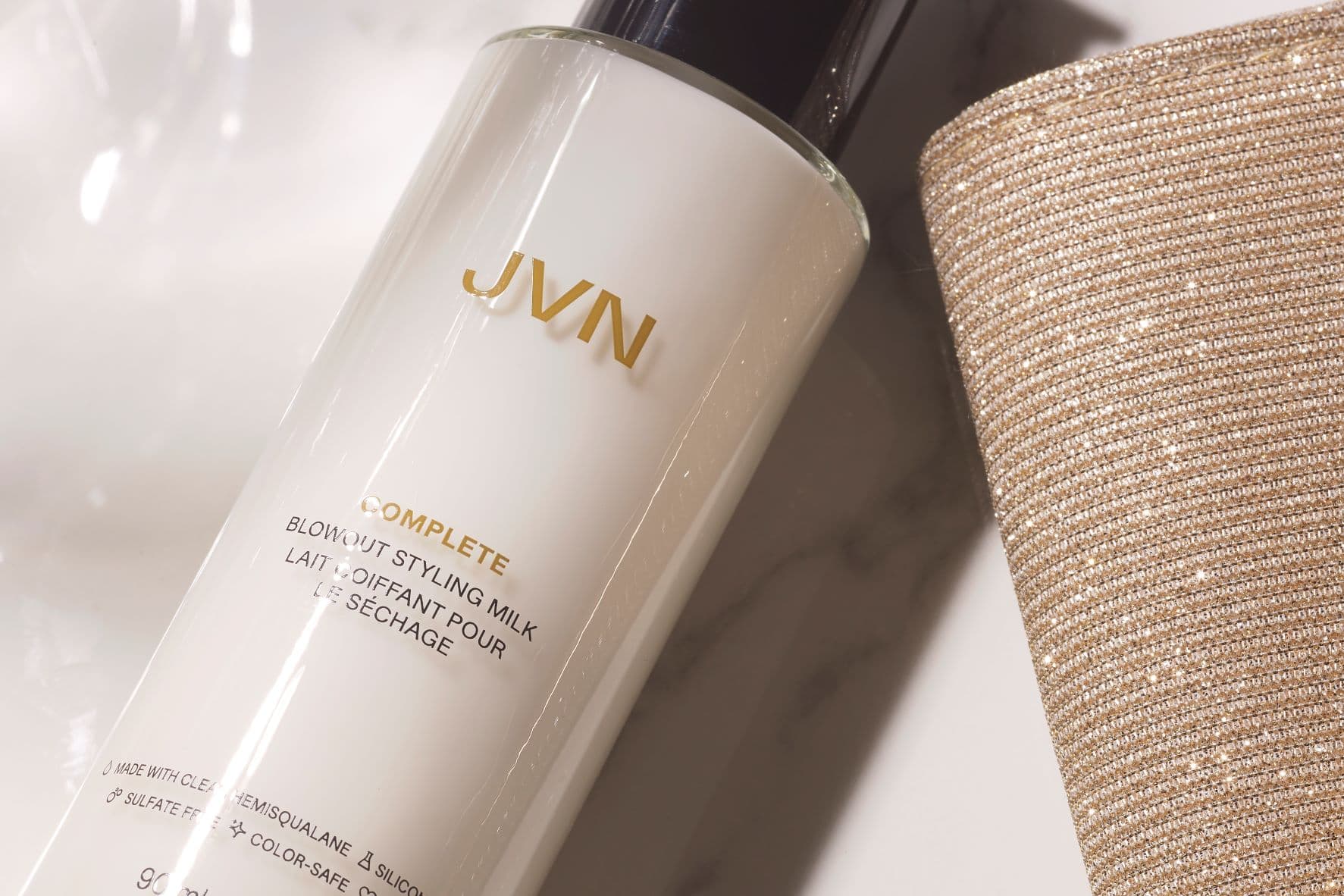What Are Sulphates And Are They Safe?

According to the experts, this may not be the wisest, or even the safest choice for our beauty regimes. “Just because a chemical is present, does not mean it is harmful in the amount present. Things are not always so black and white, there are lots of shades of grey,” Dr Amélie Seghers, consultant dermatologist at The Clinic by Dr Maryam Zamani tells us. Take sulphates for example. Until recently, we didn’t question its presence in our cleansers, shampoos, or even toothpaste, but all of a sudden, sulphate-free is a beauty rule we’re all abiding (and buying) by. In Segher’s expert opinion, “you can have a good product with sulphates tolerated by most people, just like you can get a substandard sulphate-free product that irritates people or does not work.”
So, do sulphates really deserve their bad reputation? What do sulphates do to your hair? Are they really that harmful for our hair health? To find out why sulphates have climbed up the naughty list and decide whether or not to strip them from our regime for good, we chat to the experts.
What are sulphates?
“Sulphates function as surfactants, which means that they can attract water and aid the breakdown of oil and debris, therefore helping the cleansing process,” says Seghers. Where are they most commonly found in the beauty world? “Sulphate compounds are used as cleansing and foaming agents in many personal care products, including shampoos, conditioners, facial cleansers, liquid hand soaps and shower gels. The most popularly used sulphates in skincare are sodium lauryl sulphate (SLS), ammonium laurel sulphate and sodium laureth sulphate (SLES),” says Seghers
The positives: A thorough cleanse
“In the context of personal care products, sulphates are very efficient cleansing agents,” Michael Shaun Corby, creative director at Living Proof tells us. How do they work in a hair-cleansing context? “Sulphates are very good at breaking down dirt and grease, therefore an effective detergent. This ingredient is used to remove residue from hair, allowing water to rinse these away easily. They also provide a lathering effect in shampoos, which gives the feeling of a deep clean.” says Sara Alkazraji, MIT consultant trichologist and manager of education at The Institute of Trichologists.
Can some hair types actually benefit from the inclusion of sulphates? Perhaps yes. “Some problematic scalps may require a more efficient cleanse or detox, such as very oily or flaky scalps,” says trichologist, Ricardo Vila Nova. “Not all sulphates are bad,” adds Corby. “When they are used in conditioners in combination with other molecules, they can actually help make hair smoother, softer, and visibly healthier. They can also help dramatically reduce breakage from combing and styling.”
The negatives: Sensitivity
Why are sulphates bad for hair? Our issue with sulphates mainly comes down to one thing — sensitivity. “For individuals with sensitive skin, sulphates can cause slight irritation to the scalp,” confirms Alkazraji. Dermatologist and dermatological surgeon, Dr. Dennis Gross agrees: “sulphates potentially cause dryness and irritation to the skin’s moisture barrier because of their stripping capability. This is because sulphates not only remove impurities, but they can disrupt our skin’s ability to retain moisture.”
Luckily, there are alternatives we can try. “Sulphates are not essential for cleaning, so if irritation occurs people should try switching to a sulphate-free shampoo to see if the irritation settles down,” Alkazraji suggests. What can sulphate-free cleansers offer us that sulphate-laden ones can’t? Simply put, “sulphate-free shampoos provide a gentler cleansing effect on our hair compared to those containing sulphates,” Alkazraji explains. Some hair types in particular can benefit from this gentler cleanse.
The negatives: Curl compromise
“When they’re used in shampoos, sulphates are very efficient cleansers — maybe a little too efficient — and can pull a lot of natural oil from hair, making it feel rough, dry, and brittle,” says Corby. It’s an unpleasant side effect for most hair types, but Alkazraji tells us those with curly or textured hair in particular should be cautious of sulphates “Stronger sulphates may cause some hair types to frizz more easily and in other hair types affect curl definition. It is therefore important to select a product that is suitable for your hair type,” she tells us. “Textured and curly hair need softness and elasticity. A shampoo with high sulphates can remove hydration in excess, leaving the hair feeling frizzy,” Vila Nova adds.
The negatives: Colour concern
When choosing to colour our hair, we often take steps to ensure it will last as long as possible. It’s just one reason balayage and root stretching have gained such popularity lately, especially after our dealings with lockdowns. But did you know sulphates could actually affect your colour’s lasting power? “In some hair types, sulphates may cause hair colours to fade slightly or make certain hairdressing services such as keratin treatments last slightly less,” Alkazraji warns. “Sulphates are not friends of coloured hair as they remove the pigments and may contribute to the colour fading faster and losing shine,” contributes Vila Nova.
The verdict on sulphates
When it comes to sulphates and hair, there’s no long lasting harm being done. “Sulphates are not absorbed through our scalp and in products such as shampoo, they are simply washed away. Sulphate shampoos have developed a bad reputation after they were branded as being carcinogenic which is in fact a myth and not correct,” Alkazraji reassures us.
The Ordinary is on a mission to change the way sulphates are perceived when it comes to haircare and has formulated a shampoo including a 4% dose that it champions on the label. Our beauty editor reviewed The Ordinary Sulphate 4% Cleanser for Body and Hair, £8.80 and despite initially being concerned it would strip her hair and dry out her scalp, has continued to use it since - you can read her review here.
Admittedly if you have coloured, curly or textured hair, you might want to give this ingredient a swerve and instead opt for sulphate-free formulas, including Living Proof Restore Shampoo, £14.00, Aveda Botanical Repair Strengthening Shampoo, £15.00 and .
Read More
• Latest New Beauty Product Launches• What Is Sensitive Skin? • What Is Retinol?
• How To Treat Hormonal Acne • How To Recycle With Handle




